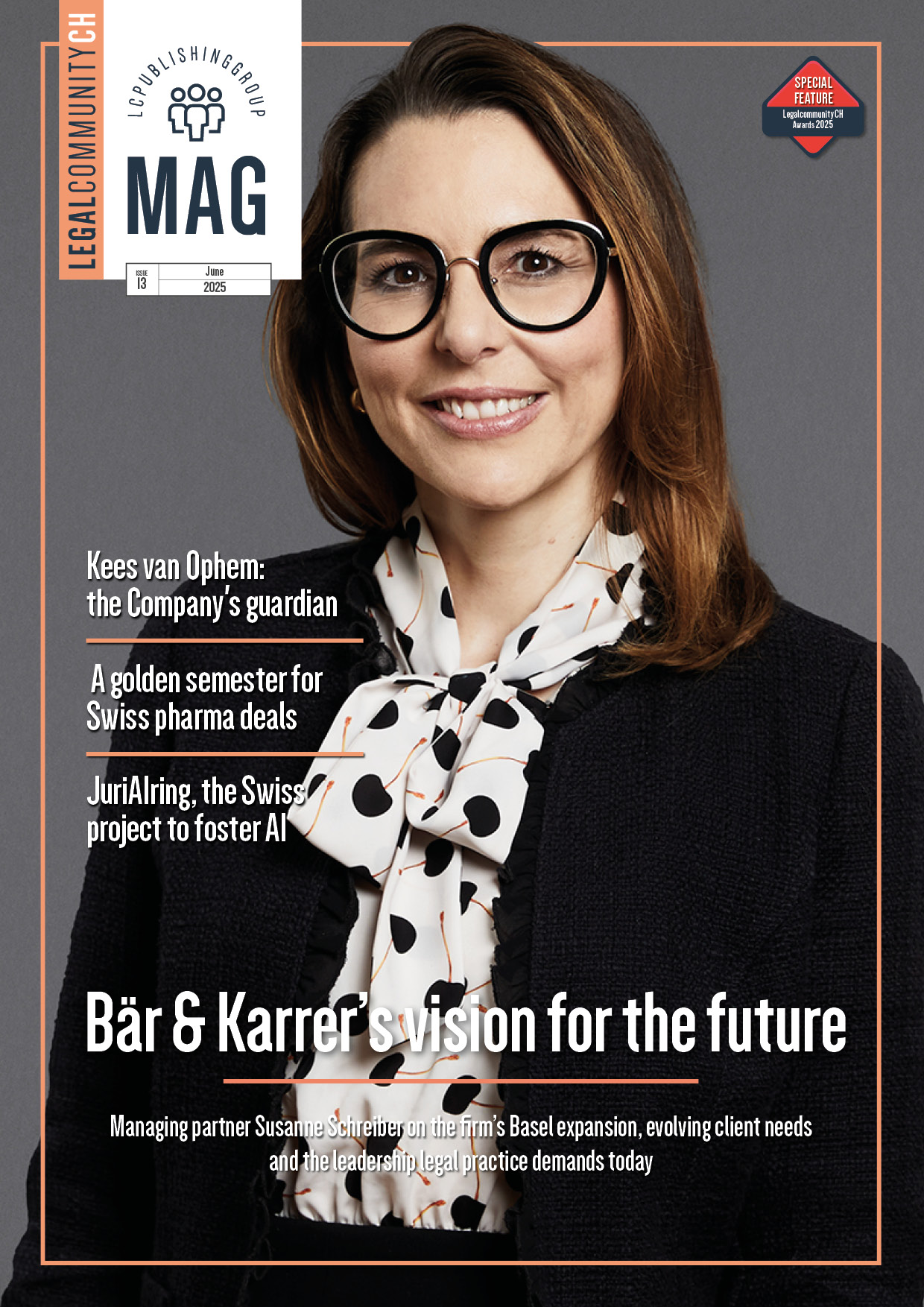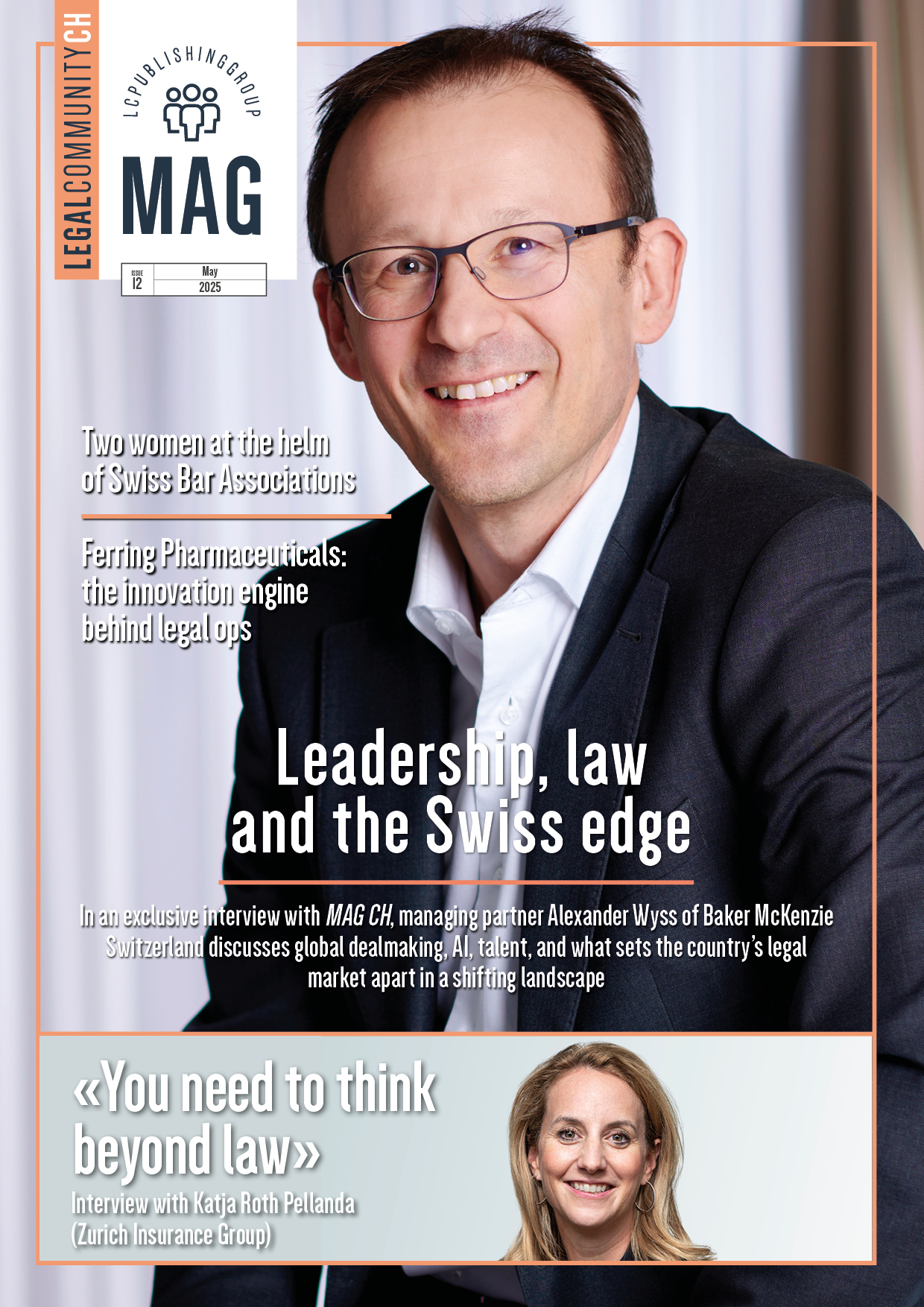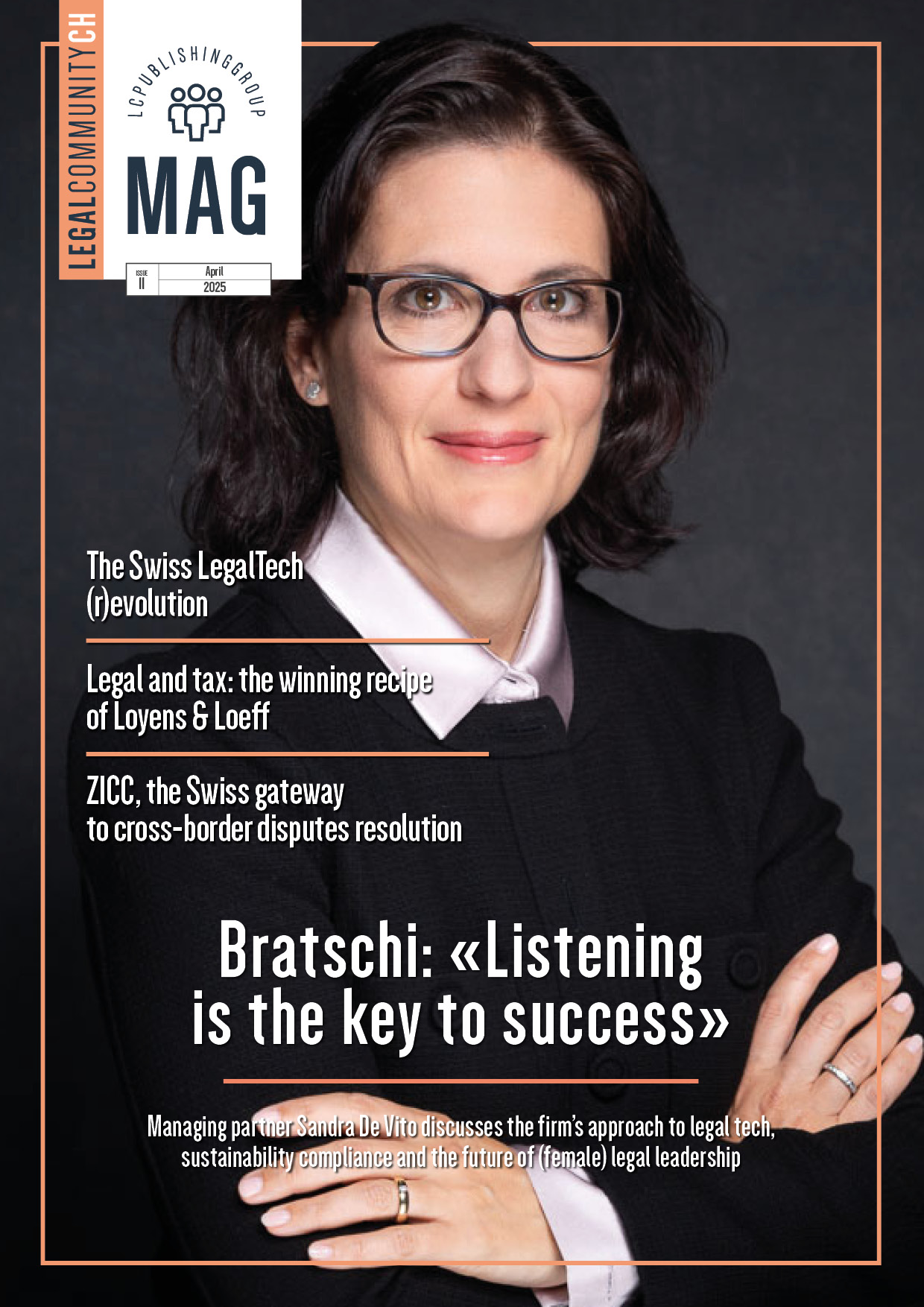The seven deadly sins that law firms commit
Even the most competent people make mistakes at work. Sometimes it is a small error and fixing it is possible; others have (almost) unpredictable, bad consequences. And in the latter cases, when working as a team, division and distances are created that are destined to inexorably change relations between colleagues, and especially with customers.
What are the unforgivable mistakes of very high-profile lawyers working in corporate law firms? We asked their customers, the general counsel. Our colleagues at MAG interviewed several corporate lawyers to be told what the most frequent “sins” committed by law firms are, the kinds of sins that turn legal counsel into a nightmare.
- Poor transparency on the job’s costs and timeframe.
General counsel don’t like surprises when it comes to cost and time. They expect clarity on these aspects from the beginning of the collaboration. Not because of an innate propensity to spend less, but because without precise timelines and with defined budgets they’ll be in trouble with the company’s financial management, as well as with the.
While costs sometimes rise due to an error in evaluating the complexity of some projects (an oversight that is not expected from highly experienced outside counsel) it is unacceptable that they grow deliberately.
There are firms that, in order to win a matter, offer lower figures and then add extraordinary items relating to unplanned activities or the use of a greater number of resources. General counsel prefer to work with those who offer “packages” that reduce the multiplication of costs to a minimum, and to the extent possible even in the case of more “uncertain” assignments.
- Overselling.
In competition times, every single case takes on a certain importance. Firms hate to say no to a customer, whether it is a regular or a new entry. Even the best firms fall into the temptation to do “overselling”, that is, to sell more than you could do.
The most unforgivable overselling, the one that worsens collaboration and most often affects the relationship, occurs when the firm sells to the customer specific skills and abilities which, at the end of the day, turns out not to be there.
- The “professorial” approach.
When a general counsel turns to outside counsel, she does so because she needs an expert to help her solve a particularly complex issue, which requires a workforce or an deployment of energies that the internal team is unable to provide. The ultimate goal is to bring solutions to management, not dissertations.
While It is true that the legal issues entrusted to the outside firm are generally technical in nature, this must not be reflected in a “product” to be delivered to its clients who do not need treaties full of technicalities that risk losing sight of the real needs of company business. So, think carefully before presenting documents of pages and pages and of poor usability for non-experts. In these cases, in fact, the in-house team then has the burden of “translating” the material received for the other managers, having to use a more understandable language and produce presentations that clarify the way forward in a few points.
- Underestimate the people you’re working with.
Experienced professionals, not second-class lawyers, work in corporate legal departments. But some firms seem to forget that fact and do not report to corporate lawyers as they would when working with colleagues.
Some lawyers, for example, choose to talk about some issues directly with top management, forgetting that their first contact is instead the director of legal affairs. Others, however, dwell on unsolicited explanations, as if the listener did not know the subject.
Still others then change their attitude if they are speaking with the general counsel or more simply with a resource from his team, as if he were less worthy of esteem.
More generally, finding out more about who you are dealing with is not difficult and, on the contrary, trying to get to know him more deeply, playing on empathy and emotional intelligence, can lead to a competitive advantage. Several corporate lawyers confess that they remember to call some partners before others just because they value them personally, thus going well beyond professional skills.
- The partner’s attention wanders.
If at the beginning of the job a platoon of names and senior partners works full time on the dossier, and promises to continue doing so, it must not disappear over time. In these cases, in fact, the in-house team may find itself or having to rely on the more junior resources of the team of the law firm whose members might be constantly in flux. This is not what they want from the collaboration.
The problems that these practices entail for a corporate legal officer are no small matter: Who should you contact for a more or less stringent need? Who can you contact if you need to retrace the history of some activities?
- Insisting on hourly rates.
Hourly rates are no longer sustainable. Fewer in-house departments are still willing to work with these rates. General counsel prefer to work with those who offer “packages” that reduce the multiplication of costs to a minimum, and to the extent possible even in the case of more “uncertain” assignments. Yes, therefore, to flat-rate agreements, or to the ceilings for remuneration. In short, installments that set a border at the risk of doubling or tripling the cost of a mandate.
In general, the insistence on the application of hourly fees gives the customer a wrong impression: That there will be inefficiencies in the management of the work and not to understand the budget needs of the legal department.
- No customer research.
Most of the time law firms that meet a client for the first time talk about themselves, telling the general counsel how the organizational structure is organized, retracing the various departments and desks, but never talking about the client and the knowledge about it that they have. This risks transmitting two very negative messages: The lawyers have not done enough research on the company and in all probability they do not know the market in which it operates.
Rather than focusing on the firm—the legal department already knows a lot about it—outside firms should focus on the company. By studying it thoroughly, it could propose to the legal affairs director, in a tailored message, the services that meet the specific needs of the company.
—Ilaria Iaquinta, in Milan
Art by Hieronymus Bosch or follower – www.museodelprado.es
















